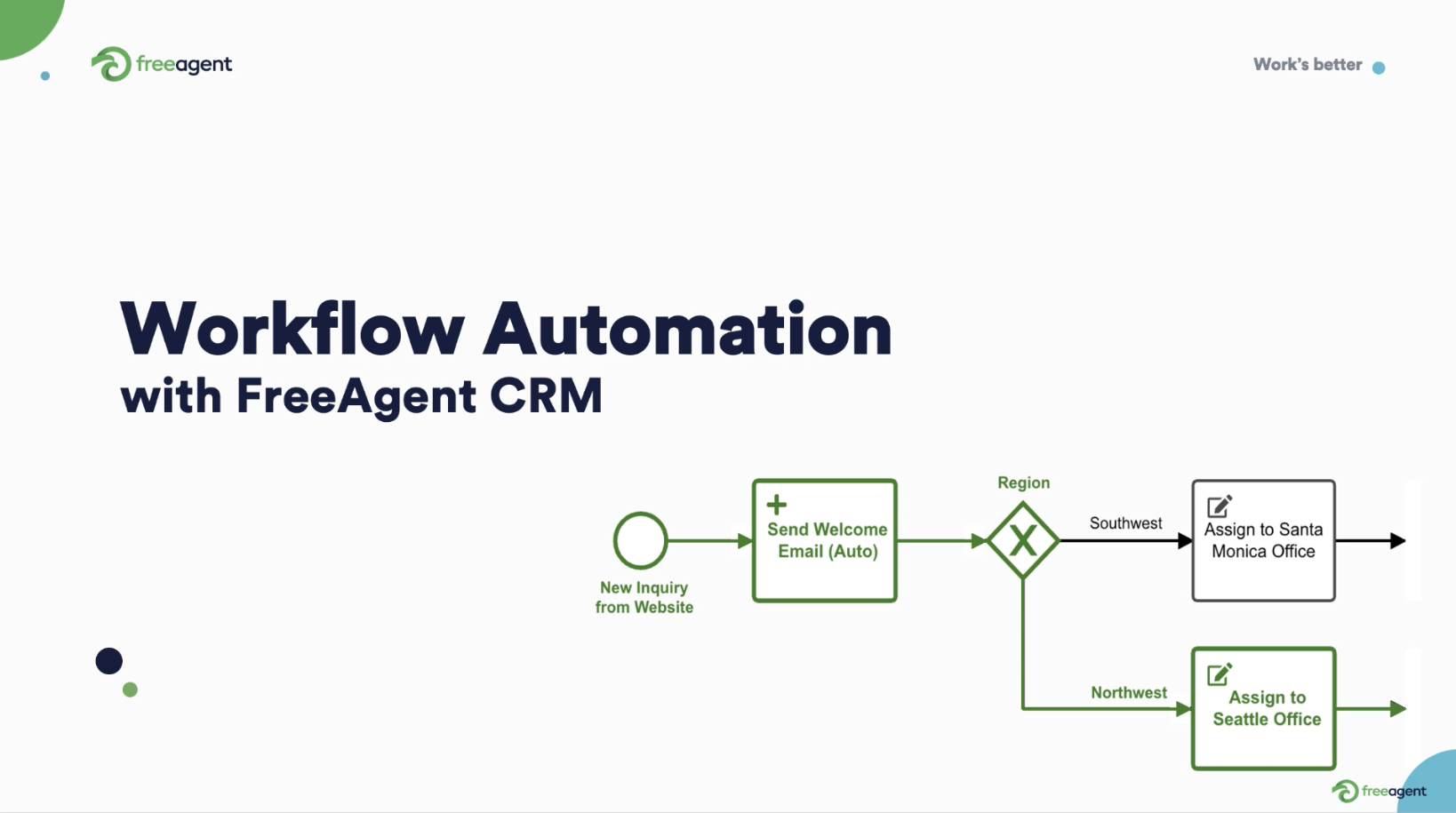Customer relationship management (CRM) platforms are an essential aspect of any business looking to maintain and grow its customer base. It allows you to process and manage interactions with prospects and current users, improving their satisfaction, loyalty, and business profitability.
But simply deploying CRM software such as Salesforce or Microsoft Dynamics is not enough to reach these objectives. To achieve these goals, businesses need to have a well-defined CRM strategy in place. In this article, we will discuss why a CRM strategy is necessary and how to implement it successfully.
Why you need a CRM strategy
A strategy is a plan or approach that you make to achieve a specific goal or objective. It involves thinking ahead and making decisions about what actions you will take, when you will take them, and how you will take them. A strategy can be used in different areas, and it helps you focus your efforts and resources toward a desired outcome.
There are numerous reasons why you should start thinking about a proper CRM strategy:
1. Enhanced customer satisfaction
A well-implemented CRM strategy helps businesses provide their customers with a seamless and personalized experience. By tracking customer behavior and preferences, companies can tailor their offerings to meet their customers’ needs.
Customers are more likely to be satisfied with businesses that can anticipate and cater to their needs. According to this report by Salesforce, 73% of customers expect businesses to understand their needs and expectations.
2. Increased sales and revenue
A well-defined CRM strategy helps businesses identify potential sales opportunities and generate leads. By tracking customer behavior, businesses can identify the products or services their customers are interested in and tailor their offerings to meet those needs.
According to this study by Nucleus Research, companies can achieve a return on investment (ROI) of $8.71 for every dollar spent on CRM.
3. Better customer retention
Customer retention is a critical aspect of any business’s success. A CRM strategy helps businesses retain their customers by providing personalized and timely support. By tracking customer interactions, businesses can identify issues early and resolve them before they escalate. According to research, increasing customer retention rates by 5% increases profits by 25%.
4. Improved internal collaboration
A well-implemented CRM strategy provides businesses with a centralized database of customer information, making it easier for teams to collaborate and work together. For example, a healthcare CRM can provide valuable insights into your organization’s people, data, and processes.
Sales, marketing, and account management teams can all access the same customer data, making it easier to coordinate efforts and provide a consistent customer experience.


How to implement a CRM strategy
Now, let’s talk business (pun intended), and move forward with creating a strategy. Be mindful that this should involve identifying customer needs, analyzing customer data, and creating a plan to improve customer interactions and experiences, which can be broken down to:
1. Define your objectives
The first step in implementing a CRM strategy is to define your objectives. What do you want to achieve with your CRM strategy? Is it to improve customer satisfaction, increase sales, or improve internal collaboration? How many employees will engage with the CRM? Is it only for external or internal use (or both)?
Your objectives will determine the focus of your CRM strategy and guide your implementation plan.
2. Select the right CRM software
Selecting the right CRM software is critical to the success of your CRM strategy. Yes, there are two big players in the market (Salesforce and Microsoft Dynamics), but keep in mind that the world of customer relationship software doesn’t end here.
There are many CRM software solutions available, and it’s essential to select the one that best meets your business’s needs. On top of that, there are plenty of integrations, you can add to your CRM to improve its features and make it easier to use, such as sales engagement tools.
When selecting CRM software, consider features, ease of use, and cost.
3. Define your customer journey
To implement a successful CRM strategy, you need to understand your customer. This includes understanding their needs, preferences, and pain points at each stage of the customer journey. By mapping out the customer journey, you can identify areas where you can improve the customer experience and tailor your offerings to meet their needs.
4. Train your team
Training your team is critical to the success of your CRM strategy. The users who will engage with the software need to understand how to use it and how to provide a consistent and personalized customer experience. But above all, they need to understand the benefits of their daily tasks.
Avoid simply telling your team to use a new tool without giving context. Employees must understand the value a CRM has, not only to make the company profitable and customers happier, but also to increase their productivity and performance.
Providing ongoing training and support will ensure your team is using the CRM effectively and delivering high-quality data.
5. Monitor and evaluate your results
Monitoring and evaluating your results is critical to the success of your CRM strategy. Otherwise, you’ll be operating blind. By tracking your progress, you can identify areas where you need to make adjustments and make data-driven decisions to improve your CRM strategy.
Regularly reviewing your metrics and reporting results, such as customer satisfaction, sales, and retention rates, will help you understand the effectiveness of your CRM strategy and make any necessary adjustments.
Final thoughts
Implementing a CRM strategy is essential for any business, as it enables them to manage and analyze customer interactions and data throughout the customer lifecycle. It allows companies to store and manage customer information, which helps them provide better services and boost growth.
Strategic thinking in terms of CRM usage can help better manage resources, increase productivity, and obtain better results.







